Should You Lease a New Car or Buy a Used One?

Updated March 2019
There are two affordable options to get into a car without settling for an econo-box. The first is to lease a new car and the second is to buy a used one, but which path is the better choice?
“Both options have their advantages,” says Randy Ellspermann, CFO of LightStream Lending. “If you have no need to drive a new car, then financing a used car will work well”, he says. “But sometimes the cost of financing may be a concern.”
While Ellspermann and Lightstream usually lend money to prospective car buyers, today he’s lending his expertise about these two methods of buying a car. Here’s the breakdown:
Leasing a New Car:
Additionally, service and maintenance are usually taken care of during the lease terms, so those are costs you don’t have to budget for.
Finally, those who use their car for business purposes and can write off quite a significant proportion of their monthly costs and in some cases the whole thing!
Leasing is a great option for someone who needs to be seen in a new car, but as a long-term solution it’s not ideal. “You pay more over time with a lease,” said Ellspermann. “Mainly because cars depreciate the most when they’re new.”
Another issue is that you don’t actually own the car after the lease terms, meaning you’ve built no equity. Each month all you’ve paid is vehicle’s depreciation during the lease term, plus interest charges, taxes, and fees.
At the end of your lease term you’ll have to pay for any “excessive” wear and tear of the vehicle in addition to extra miles outside of the lease agreement. Each extra mile can cost you anywhere between 10 to 30 cents, which can add up quickly.
After that, you’ll have to buy or finance the purchase of the car or consider leasing or buying another vehicle.
Financing a Used Car:
See Also: Best Interior Accessories For Your New Car
“Be sure to do your homework first, get your financing rates before hand,” said Ellspermann. Rates at used car dealerships can be quite high, so look aggressively for the best rate you can.
Financing allows buyers to build equity with the vehicle, and at the end of the term you own the car. There are no restrictions to what you can do with the car in terms of customization and you can drive it as many miles as you’d like.
“You’re always taking a chance with a used car,” said Ellspermann. “You need to check out the record and be willing to tolerate higher repair costs.”
See Also: Tips for Buying a High Mileage Used Car
It would be wise to get a pre-purchase inspection and take a look at the maintenance and reliability history of any car you’re considering buying.
Depending on the age and mileage of a car, it may still have some warranty coverage. Another option to ensure you’re protected from excess maintenance and repair costs is to get a certified pre-owned car, although they tend to be much more expensive than the usual used car.
See Also: Cash, Lease or Finance, Which is Best for you?
In terms of value, financing a used car always seems like the better deal. You get more when you financing a car, as opposed to leasing, which sees you getting less for your money. If there’s one advantage to leasing a car, it’s that you’ll have the newest, shiniest car on your block, guaranteed.

Sami has an unquenchable thirst for car knowledge and has been at AutoGuide for the past six years. He has a degree in journalism and media studies from the University of Guelph-Humber in Toronto and has won multiple journalism awards from the Automotive Journalist Association of Canada. Sami is also on the jury for the World Car Awards.
More by Sami Haj-Assaad



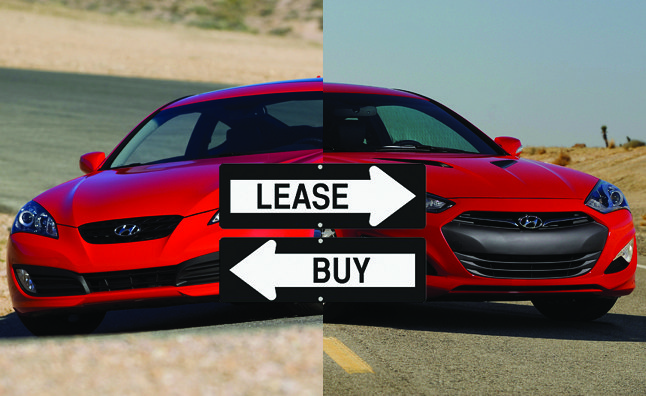



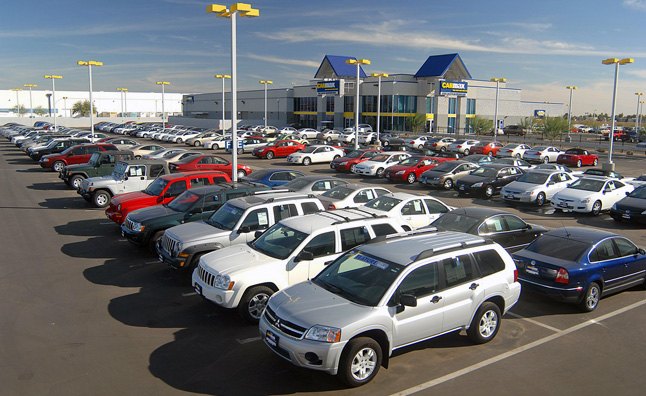













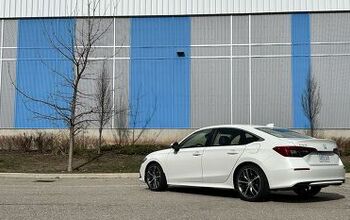

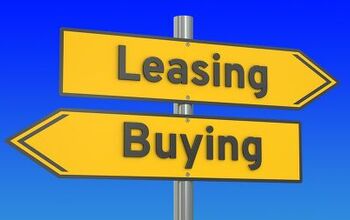
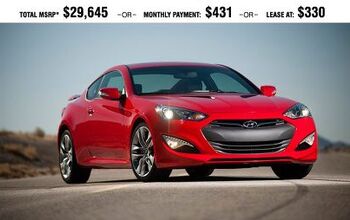



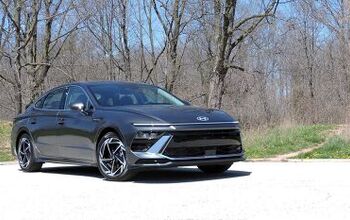
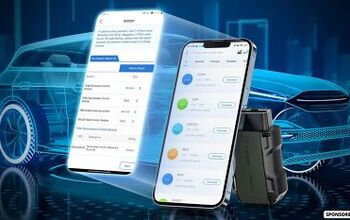
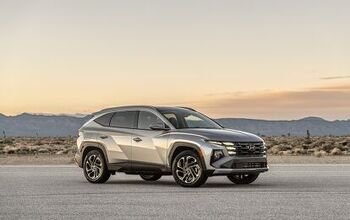
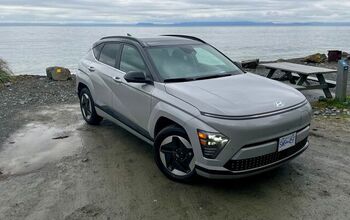
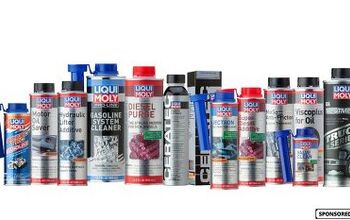
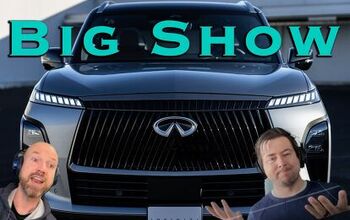


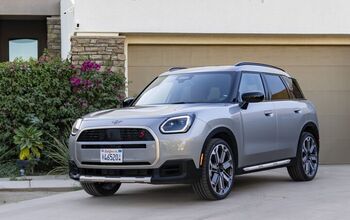
Comments
Join the conversation
What about buying a used car you can afford instead of paying the banks for something going down in value.
60% or better of the buying public have negative equity at the 2 or 3 year mark...the usual endpoints for the lease options. So to imply that they could simply sell the vehicle and pay off the difference or trade it on another unit, is not correct. Leasing a vehicle provides options for the individual at the 1.5 to 3 year marks for 24 month or 36 month leases, respectively. Financing doesn't...not without a sizable penalty in the form of negative equity. The above statement is true with most 60-72 month finance options. Take it a step further with Chrysler's ridiculous 84 month financing option and the negative equity (assuming a very large unusual down payment was made) period extends out to the last year or two of the contract. Leasing isn't just for those who desire the newest and shiniest. Leasing is a better option for most...even those who "like to own" their vehicles. They can always purchase the vehicle at a guaranteed future value. The option is, they can compare the GFV at the end of the lease and determine if they love the vehicle and if the price is a good deal compared to the current market values, or decide to get that next new model or try another model if they so choose...without penalty. True, if you like to "modify" or ride your vehicles hard, then a lease program is most likely not for you. But if you prefer to be fully covered with warranty and have options, the lease program advantages by far outweigh the finance option.